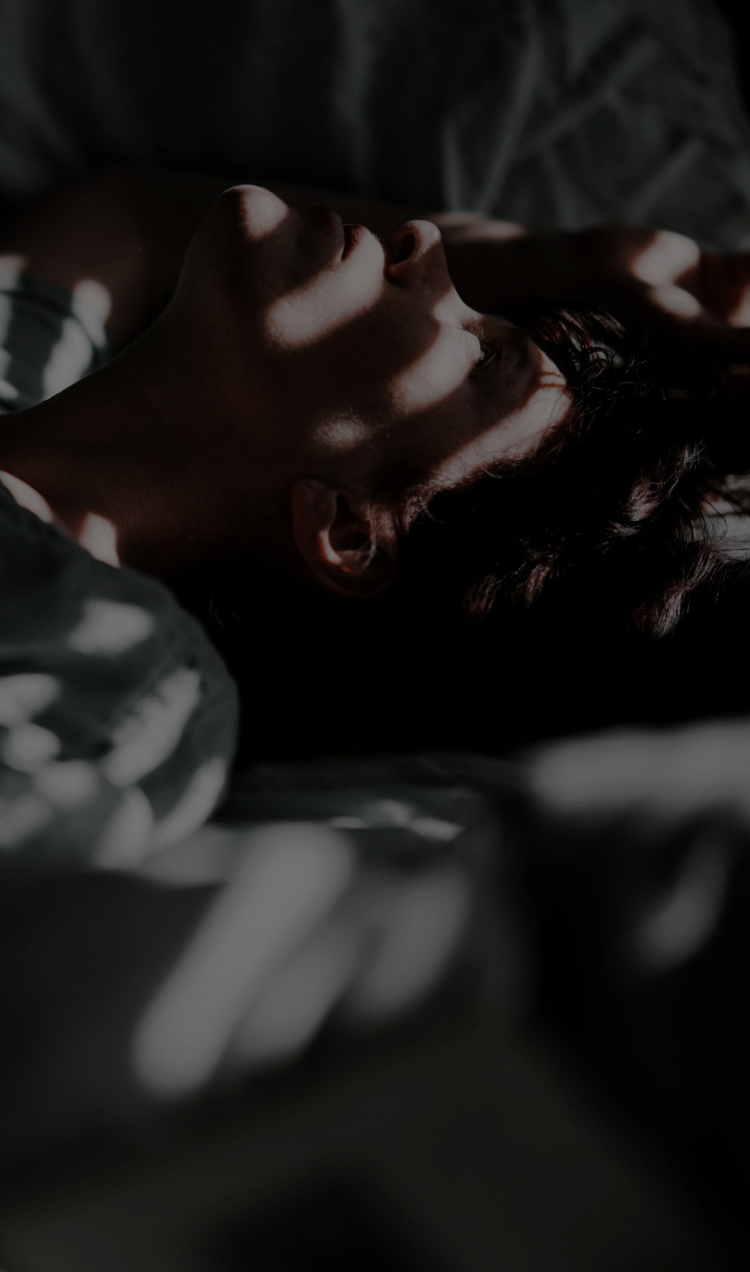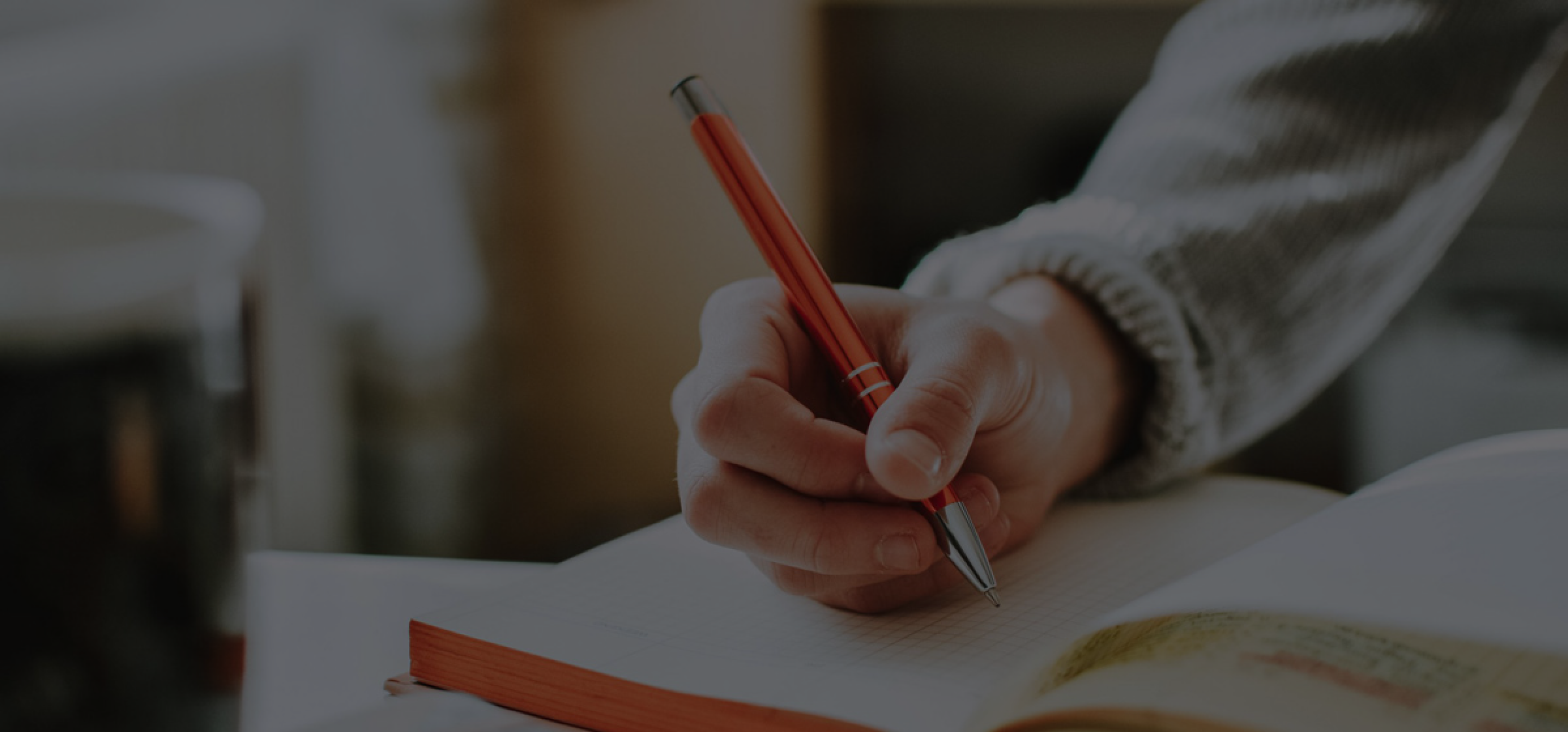Sleep quality and substance use are interconnected in several ways. Quality sleep can make it easier for people to get sober and maintain recovery. Unfortunately, the opposite is true: poor sleep quality can disrupt routines and increase the likelihood of relapse.
Fortunately, medical treatments and behavioral changes can make a profound difference in sleep quality and support those in recovery.
Poor Quality Sleep and Substance Use
Poor quality sleep and substance use have a bidirectional relationship. This means that sleep affects how much you use substances, and substances affect the quality and quantity of your sleep. Understanding these associations may increase your chances of sustained recovery.
Substance Use Reduces Sleep Quality
Substance use negatively impacts your sleep. There are several reasons for this relationship:
- Depressants, such as alcohol or opiates, reduce the quality of your sleep¹ ²
- Stimulant drugs, such as methamphetamine or cocaine, can produce insomnia³
- Brain changes associated with substance use disorder can create sleep disturbances⁴
Sleep disruptions can prevent your body from fully resting and recovering. Over time, consistent sleep loss can lead to a whole host of health issues.
Clinical research has shown that quality sleep and substance use are directly opposed⁵. Essentially, the more people use drugs or alcohol, the worse their average sleep quality is. If people begin to use substances to attempt to manage their insomnia on their own, the problem can quickly fall into a negative spiral.
Insomnia Often Leads to Substance Use
Insomnia will often drive people to use substances to help them fall asleep. People who have trouble sleeping on their own may have a nightcap before bed, take a pill, or try smoking marijuana to aid in falling asleep. However, repeated use of substances to help fall asleep will ultimately result in dependence and further sleep problems.
This reliance can create a significant problem for people entering recovery. While insomnia occurs in roughly half of people recovering from a substance use disorder, the likelihood dramatically increases if you use substances to cope with your insomnia. This is a typical pattern in substance use disorders: the attempt to solve a problem with drug use exacerbates the problem further down the line.
Drug Specific Effects on Sleep
Different substances affect sleep in unique ways. While insomnia is a common symptom across most substance use disorders, the way that specific drugs affect your sleep can explain why they interfere with sleep quality.
Alcohol and Benzodiazepines
Drugs such as alcohol and benzodiazepines act as central nervous system depressants. This means that they slow down automatic bodily functions, such as your heart rate and respiration⁶. While this makes them commonly used as a sleep aid, your body will often have a rebound effect that makes sleep difficult.
Using these drugs regularly causes the central nervous system to become more excitatory in response; you’ll feel more stimulated and reactionary because your baseline level of central nervous system activity increases to counteract the effects of these drugs. Once those substances wear off, your central nervous system becomes overly excited, making it difficult to fall asleep.
Cocaine, Methamphetamine, and Adderall
Stimulant drugs such as cocaine, methamphetamine, and Adderall (for people without ADHD) have the opposite effect as alcohol and benzodiazepines. Instead of dampening the central nervous system, they kick it into high gear. These drugs give people an artificial energy boost that often results in anxiety and restlessness.
With regular stimulant use, insomnia is practically inevitable. These drugs are known for their altering and energetic quality, and with continuous use, they can prevent a solid night’s sleep for days until the effects wear off. At that point, someone coming down from stimulant use will experience a “crash” due to the imbalance of chemicals in the brain.
As the crash sets in, they’ll lose their sense of energy and excitement and feel sluggish and completely fatigued for days. Even after getting a full night’s sleep, they may struggle with exhaustion⁷.
This drastic energy change can be difficult to manage without professional support. Many people continue stimulant use to avoid struggling with a comedown.
Opiates
Frequent opiate use often results in sleep disturbances. This is for two primary reasons: opiates frequently cause daytime sleepiness and reduce sleep quality at night.
Daytime sleepiness can worsen your ability to fall asleep at night. Essentially, you confuse your body’s regular sleep/wake cycle and can never fall into a routine of regularly getting tired at the same time.
The quality reduction of sleep due to opiates is also concerning. Opiates particularly impact the deep sleep stage, where the body focuses on healing muscle tissue and immune functioning. Opiate users experience significantly less time in this sleep stage and have poor quality sleep⁸.
The Importance of High-Quality Sleep
According to the CDC, the average adult needs seven hours of quality sleep every night⁹. Getting this sleep has several mental and physical benefits, including¹⁰:
- Improved immune system functioning
- Reducing stress and improving mood
- Helping you to think clearer and improve productivity
- Improving your decision making
- Preventing injuries from sleep deprivation
- Managing your weight
- Getting along with other people
Lack of quality sleep can increase someone’s risk for further health complications. People with substance use disorders are more likely to experience compounding symptoms such as depression, lack of interest in other activities, fatigue, and anxiety. All of these symptoms are magnified when you aren’t getting enough sleep.
Dealing with Insomnia During Substance Use
It’s extremely important to be mindful of the strategies and medications you use if you’re trying to work through insomnia during substance use. Over-the-counter sleep medications can negatively affect your well-being and often exacerbate sleep issues. The best way to resolve sleep disturbances is to discontinue substance use, which can be extremely difficult without professional support.
You don’t have to work through substance use disorder and insomnia separately at a treatment center. Detox centers have recovery-safe protocols to support people struggling with insomnia. Stopping an addiction is hard work, but professional addiction services can help make the transition to sobriety easier.
At a detox facility, medical professionals work diligently to help you overcome the physical effects of substance withdrawal, including treating your insomnia. This could include prescribing medication specifically to help you sleep or treating other problems leading to insomnia, such as anxiety.
Detoxing at home can range from uncomfortable to extremely dangerous, if not potentially fatal. Professional detox is the safest way to transition from active substance use with minimal side effects.
Avoiding Insomnia in Early Recovery
Insomnia is a common withdrawal symptom for all substance use disorders and can increase the likelihood of relapse in early recovery. Not getting enough sleep can be extremely detrimental to your overall health, and people will often return to substance use to cope.
A professional facility can help you address insomnia during treatment, but there are also a few things you can do on your own to help avoid insomnia in early recovery.
Practice Good Sleep Hygiene
Specific behavioral patterns can help you get a good night’s rest. These patterns are collectively called “sleep hygiene,” Incorporating them into your routine can help you fall asleep quicker and achieve high-quality sleep regularly.
First, set a regular bedtime. Make sure this is around eight hours before you need to get up in the morning. If you wake up at 6 AM, try to fall asleep around 10 PM every night, even if you don’t need to wake up at 6 AM every day. By going to bed at the same time every night, you train your body to adopt a regular sleep/wake cycle and make it much easier to fall asleep.
Second, minimize your exposure to excessive stimulation before bed. While you might like to wind down by watching your favorite TV show or scrolling through social media from bed, these habits can stimulate your brain rather than help you relax. Shutting off electronic devices and focusing on relaxing activities for an hour or so before bed helps your brain calm down and get ready for a good night’s sleep. You want to train your brain to associate your bed with relaxation and comfort.
Lastly, make sure your bedroom is quiet, dark, and comfortable. Light and noise can interfere with sleep quality; blackout curtains can help you create a nice dark environment and minimize noise from outside. Don’t underestimate the importance of comfort: you use your pillow, mattress, and bed sheets every night, so invest in materials that promote quality sleep.
Get Some Exercise
Exercise is an excellent way for people in recovery to start getting better sleep. Physical exertion can help you channel your energy in a healthy way, and as a result, you’ll need rest to recover. Several scientific studies have shown that regular exercise can directly decrease insomnia and be a valuable tool for people struggling with this problem.
The timing of exercise may play an important role as well. Exercising earlier in the day can leave you feeling energized in the afternoon but ready to fall straight to sleep at night. In contrast, exercising right before bed is generally discouraged because it will wake you up. You want to keep stimulating activities to a minimum in the hours before bedtime.
Better Sleep and Better Recovery
The connection between quality sleep and substance use should be clear at this point: they are directly opposed to each other. If you value your sleep, taking steps to overcome your substance use disorder is the best strategy to alleviate this problem.
In addition, better sleep quality can have significant positive effects in several areas of your life, including improved cognition, mood, and energy levels.
If you want to learn more about how All Points North Lodge can help you overcome insomnia and drug and alcohol addiction, contact our team at 855-510-4585 or start a . We’re here to help you address your barriers to wellness and thrive in recovery.
Reference
- Rosen, Ilene M., et al. “Chronic Opioid Therapy and Sleep: An American Academy of Sleep Medicine Position Statement.” Journal of Clinical Sleep Medicine, American Academy of Sleep Medicine, 15 Nov. 2019, https://jcsm.aasm.org/doi/10.5664/jcsm.8062.
- Park, Soon-Yeob et al. “The Effects of Alcohol on Quality of Sleep.” Korean Journal of Family Medicine vol. 36,6 (2015): 294-9. doi:10.4082/kjfm.2015.36.6.294
- Ogeil, Rowan P, and James G Phillips. “Commonly used stimulants: Sleep problems, dependence and psychological distress.” Drug and Alcohol Dependence vol. 153 (2015): 145-51. doi:10.1016/j.drugalcdep.2015.05.036
- Roehrs, Timothy A, and Thomas Roth. “Sleep Disturbance in Substance Use Disorders.” The Psychiatric Clinics of North America vol. 38,4 (2015): 793-803. doi:10.1016/j.psc.2015.07.008
- Fadhel, Fahmi Hassan. “Exploring the Relationship of Sleep Quality with Drug Use and Substance Abuse among University Students: a Cross-Cultural Study.” SpringerOpen, Springer Berlin Heidelberg, 23 Nov. 2020, https://mecp.springeropen.com/articles/10.1186/s43045-020-00072-7.
- “Depressants.” Alcohol and Drug Foundation, 10 Nov. 2021, https://adf.org.au/drug-facts/depressants/.
- Nishino, Seiji. “Rebound hypersomnolence, stimulant abuse, and DAT-mediated dopamine release.” Sleep vol. 32,11 (2009): 1407-9. doi:10.1093/sleep/32.11.1407
- Dimsdale, Joel E et al. “The effect of opioids on sleep architecture.” Journal of clinical sleep medicine : JCSM : official publication of the American Academy of Sleep Medicine vol. 3,1 (2007): 33-6.
- “How Much Sleep Do I Need?” Centers for Disease Control and Prevention, 2 Mar. 2017, https://www.cdc.gov/sleep/about_sleep/how_much_sleep.html.
- “Get Enough Sleep.” MyHealthfinder, U.S. Department of Health and Human Services, 8 Apr. 2022, https://health.gov/myhealthfinder/topics/everyday-healthy-living/mental-health-and-relationships/get-enough-sleep#panel-2.




